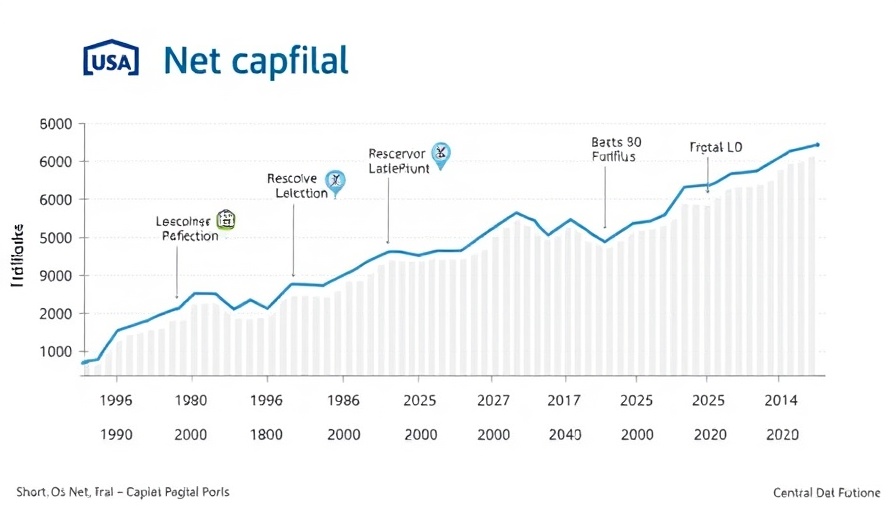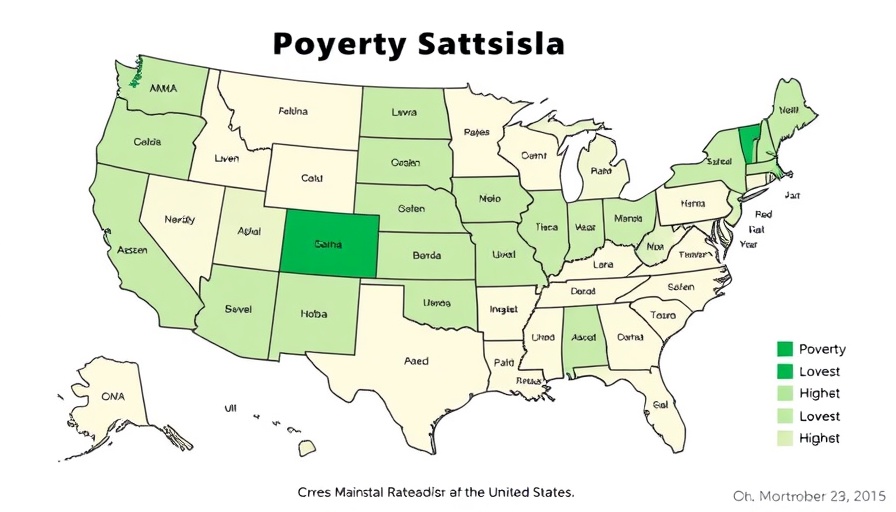
Understanding the Biggest Crypto Heist: Lessons to Learn
The recent hack involving the cryptocurrency exchange Bybit underscores a critical risk in the digital finance realm. Estimated losses of $1.5 billion make it the largest heist in crypto history, prompting scrutiny of cybersecurity measures across the industry. The incident began with a breach traced back to a seemingly innocuous account on a free digital storage service, reflecting the precarious nature of crypto security and the vulnerabilities that exist even within seemingly protected systems. This event echoes similar high-profile hacks, such as the Poly Network and Coincheck breaches, which further emphasize the immediate need for stronger security protocols and regulatory oversight.
The Silent Threat: Family Offices and Financial Abuse
While the Bybit heist captures public attention, deeper concerns lurk within the financial services industry itself, particularly in family offices that manage trillions of dollars for the ultra-wealthy. Recently scrutinized for their potential to facilitate opacity and abuse, these entities lack the rigorous oversight applied to traditional banking institutions. The ongoing discussion around these family offices reveals an unsettling trend where the wealth concentration may foster environments that enable financial misconduct without accountability.
Accountability in the Wake of Boeing's Struggles
Turning our attention to the aerospace industry, Boeing's tumultuous history of accidents and grounded jets has propelled citizen advocacy for greater accountability. A persistent push from families affected by tragedies has highlighted a gap where corporate responsibility appears compromised by internal policies and profit motives. Advocates emphasize the importance of transparency and accountability, calling for a reform that engages stakeholders in ensuring safety practices are prioritized over financial gains.
Reflections on Political Norms: The Challenge of Autoritarianism
The tactic employed by former President Trump against those who oppose him—particularly dismantling law firms that represent critics—raises severe questions regarding political freedoms in America. Analysts argue that such actions mirror authoritarian tactics, signaling a possible shift in the political landscape where opposing voices could face crippling repercussions. The implications of this move contribute to a climate where dissent is stifled, suggesting the centrality of robust democracy is increasingly at risk.
The Road Ahead: Regulatory Needs for Sustainable Innovation
In the wake of these scandals and ongoing debates, a comprehensive regulatory framework is essential for the future of digital assets and broader financial systems. As highlighted in discussions within Congress on stablecoins, a well-defined set of regulations would not only help protect consumers but also foster an environment where innovation can thrive sustainably. Response to past failures can carve a path toward building trust in the financial system, ultimately ensuring both security and prosperity in a rapidly changing landscape.
For top earners in Philadelphia and beyond, understanding these complex issues isn't merely academic; it's essential for navigating the evolving financial landscape. Engaging with these stories doesn't just inform you about the risks— it also empowers you with the knowledge to advocate for stronger regulations and ethical practices that enhance accountability in all financial sectors.
 Add Row
Add Row  Add
Add 




Write A Comment